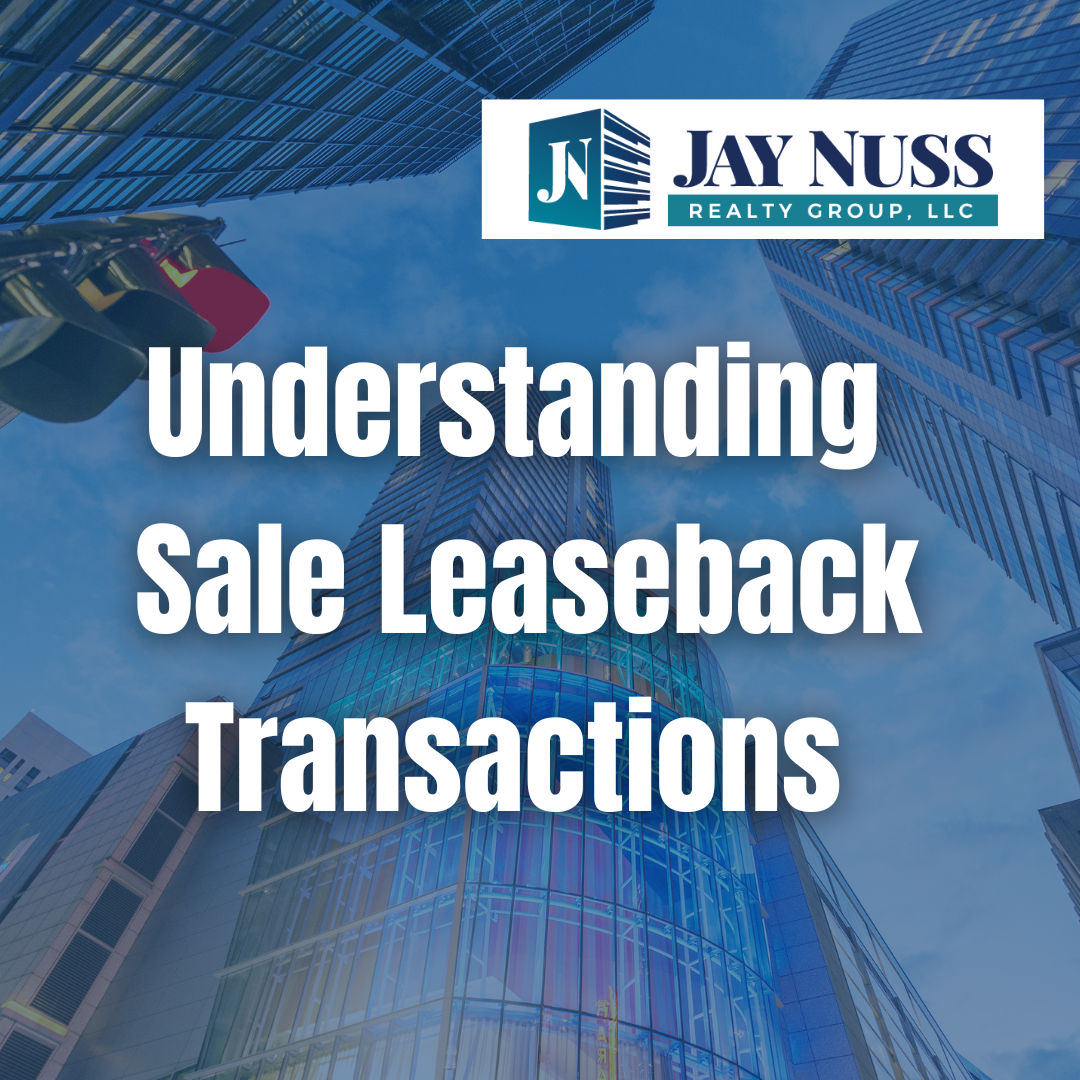In recent years, there has been growing number of sale-leaseback transactions in the Greater Boston commercial real estate market. These complex deals have become an increasingly attractive option for business owners looking to unlock the value of real estate assets while maintaining operational control. Let’s explore the ins and outs of sale-leaseback transactions, their benefits, potential drawbacks and why they might be worth considering in today’s dynamic commercial real estate landscape.
At its core, a sale-leaseback transaction involves a property owner selling their real estate asset to an investor while simultaneously entering into a long-term lease agreement to continue occupying and operating from the same property. This arrangement allows the original owner, now the tenant, to free up capital tied up in real estate while retaining use of the property for their business operations.
Advantages for the Seller
One of the primary advantages of a sale-leaseback transaction is the immediate influx of capital it provides to the seller. In the competitive Boston market, where property values have seen significant appreciation over the years, many business owners find themselves with substantial equity locked up in their real estate. By selling the property and leasing it back the business owner can access this capital to reinvest in core business operations, fund expansion plans, or pay down existing debt.
Moreover, sale-leaseback transactions can offer significant tax benefits. The seller can potentially deduct lease payments as a business expense, which may result in lower overall tax liability compared to owning the property outright. Additionally, the transaction allows the seller to remove the property from the balance sheet, potentially improving key financial ratios and making the company more attractive to investors or lenders.
Advantages for the Buyer
From the buyer’s perspective, sale-leaseback transactions present an opportunity to acquire a property with a built-in long-term tenant. This can be particularly appealing in the Boston area, where finding high-quality, well-located commercial properties with stable tenants can be challenging. The long-term nature of these leases, often spanning 10 to 20 years or more, provides investors with a steady, predictable income stream and the potential for appreciation over time.
Are There Drawbacks to a Sales-Leaseback?
It’s crucial, however, to approach sale-leaseback transactions with a clear understanding of their potential drawbacks. For the seller-turned-tenant, the loss of ownership means giving up control over future property decisions and potential appreciation. The new tenant also committing to a long-term lease obligation, which could become burdensome if space needs change or if market rents decrease significantly over time.
For buyers, the success of the investment is heavily tied to the financial health and stability of the tenant. If the tenant’s business struggles or fails, the investor could be left with a vacant property that may be challenging to re-lease, especially if it was custom-built or highly specialized for the original tenant’s needs.
It’s also vital to consider the broader market conditions when contemplating a sale-leaseback. In Boston’s current commercial real estate landscape, we’re seeing strong investor demand for quality assets with stable tenants, which can translate into favorable pricing for sellers. However, fluctuating interest rates and economic uncertainties may impact cap rates and overall deal structures, making it essential to time these transactions carefully.
Structuring a Sale-Leaseback Deal
Key considerations in structuring a sale-leaseback deal include the initial sale price, which should reflect both the property’s market value and the terms of the leaseback agreement. The lease terms themselves are crucial, covering aspects such as rent escalations, maintenance responsibilities, renewal options and any restrictions on the tenant’s use of the property.
We anticipate that sale-leaseback transactions will continue to play a significant role in the commercial real estate market, both in Boston and beyond. As businesses increasingly focus on optimizing their capital structures and real estate portfolios, this flexible arrangement offers a compelling solution for many property owners.
When considering a sale-leaseback transaction, it’s essential to work with experienced professionals who understand the nuances of these transactions. As brokers and advisors, we always emphasize the importance of thorough due diligence, careful structuring of the lease terms and a clear understanding of both parties’ long-term objectives.
For further information on this topic, please call us at 781.848.9400.

